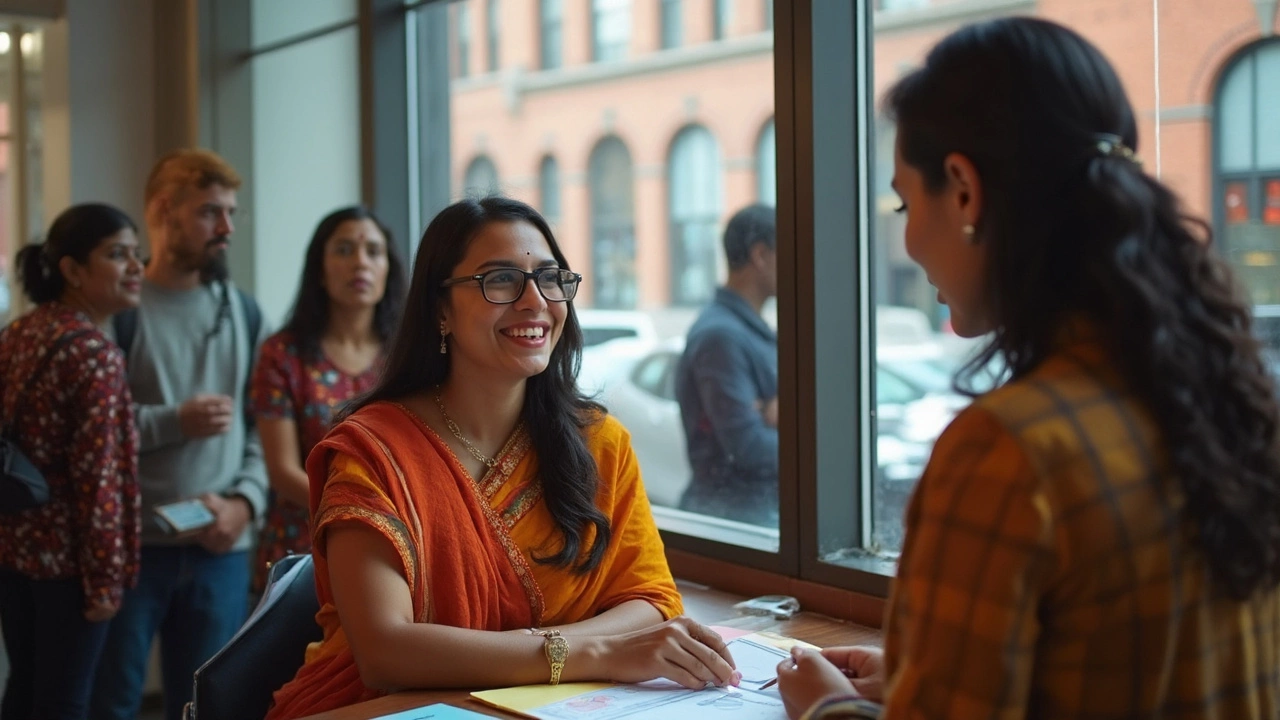Certified Copy: Definition, Uses & How to Get One Quickly
Ever been asked for a "certified copy" and wondered what the fuss is about? In plain terms, a certified copy is a duplicate of an original document that a trusted authority has stamped or signed to confirm it matches the original. Think of it as a trustworthy twin that you can send to banks, courts, or government offices without handing over the real thing.
Why do you need one? The main reason is protection. If you give a certified copy instead of the original, you keep the original safe while still proving the information is legit. This is especially handy for identity documents, property papers, academic records, and any paperwork where authenticity matters.
When a Certified Copy Becomes Essential
Most people run into certified copies during big life events. Buying a house? The lender will want a certified copy of the title deed. Applying for a passport? You’ll need a certified copy of your birth certificate. Even a simple job application for a government job can ask for a certified copy of your educational certificates. In each case, the agency wants proof that the document is real, but they don’t need the original in their hands.
Another common scenario is when you’re moving abroad. Visa offices often require certified copies of marriage certificates, divorce decrees, or police clearance letters. Without the certified copy, the process can stall, and you might end up paying extra fees to retrieve the original later.
Steps to Get a Certified Copy Quickly
1. Identify the right authority. For most public documents, a local government office, notary public, or registrar can certify copies. For private documents like school transcripts, the issuing institution usually handles certification.
2. Gather the original and a clear photocopy. The copy should be legible, with no cuts or shadows. If the document is damaged, fix it first—most certifiers won’t accept torn or smudged copies.
3. Visit the certifier with both papers. They’ll compare the copy to the original, stamp it, sign, and often write something like "Certified True Copy" along with the date. Some places charge a small fee, typically under $10.
4. Ask for a receipt or reference number. If you ever need to prove the certification later, the receipt helps verify when and where it was done.
5. Keep the certified copy safe. Store it in a dry place or scan it for a digital backup. Remember, the certified copy is only as good as the original, so treat it with the same care.
If you’re in a rush, many notaries now offer appointment bookings online, cutting down waiting time. Some banks even have in‑branch notary services, so you can handle the certification while you’re discussing a loan.
Bottom line: a certified copy is your way of proving a document’s authenticity without risking the original. Knowing when you need it and how to get it saves time, money, and a lot of anxiety. Keep the steps above handy, and the next time someone asks for a certified copy, you’ll know exactly what to do.

How to Get a Certified Copy of Your Property Registration in NYC
Lost your property paperwork in NYC? Getting a certified copy of your property registration isn't as tricky as you might think. This article breaks down where to start, what you need, and exactly how to request your official record. You'll get insider tips to avoid delays and spend less on fees. No confusing jargon—just simple steps you can follow right away.

